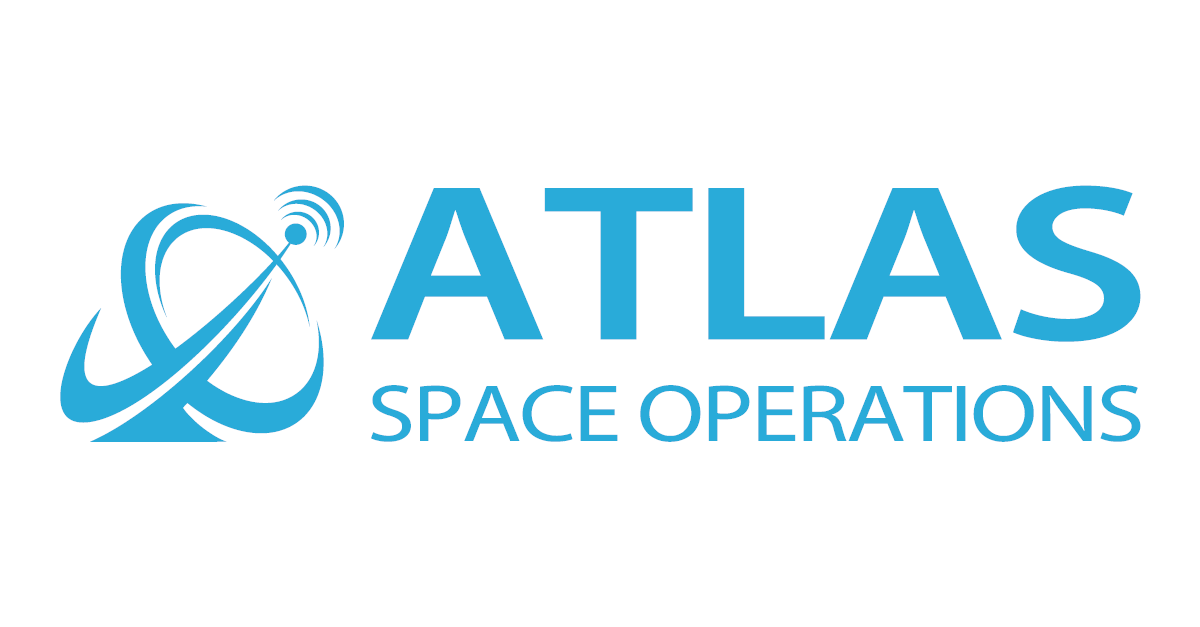ATLAS Space Operations Completes Rapid Onboarding of Critical TROPICS Spacecraft
In May of 2024, the National Oceanic and Atmospheric Administration (NOAA) predicted an 85% likelihood of above-normal activity for the upcoming Atlantic hurricane season. This marked the fifth consecutive year with an above-normal prediction and, if proven accurate, would make 2024 the eighth year in the last decade to record above-normal activity. With the apparent increase in the destructive power of these storms, timely and detailed tropical cyclone data may be more important than ever.
Massachusetts Institute of Technology Lincoln Laboratory (MIT LL) is leading the NASA Time-Resolved Observations of Precipitation structure and storm Intensity with a Constellation of Smallsats’ (TROPICS) mission to provide NASA, NOAA, and other government agencies and commercial partners with rapid refresh microwave sounding observations, delivering improved resolution, configurable coverage, flexibility, reliability, and extremely low-cost launch access compared to other space-based storm-sensing technology.
The data TROPICS provides is vital to weather forecasters, so when Lincoln Laboratory contacted ATLAS Space Operations in June to establish support at its Dubai ground station, the ATLAS team responded with the utmost urgency.
Within four weeks of receiving MIT LL’s purchase order, ATLAS had completed spacecraft integration and TROPICS was declared operational on ATLAS’ Global Federated Network—a process that typically takes ground segment providers several months or more to perform.
A streamlined, best-in-class customer onboarding experience is among the stated benefits of ATLAS Ground Software as a Service™ model. Even so, the ATLAS team was quick to credit the TROPICS spacecraft operations team for their collaboration in making the expedited integration possible.
“There are few missions in space with such immediate and concrete benefits as severe weather monitoring,” says ATLAS CEO John Williams. “Simply put, data from Lincoln Laboratory’s TROPICS mission saves lives. ATLAS is honored to quickly, securely, and reliably deliver that data to their team.”
The four-satellite TROPICS mission saw its final two satellites launch on May 26, 2023 and has since been recognized as a finalist for SpaceNews’ Civil Space Achievement of the Year.
